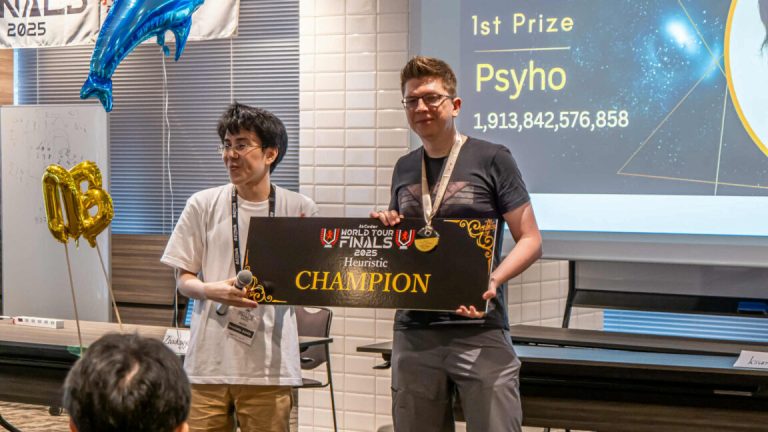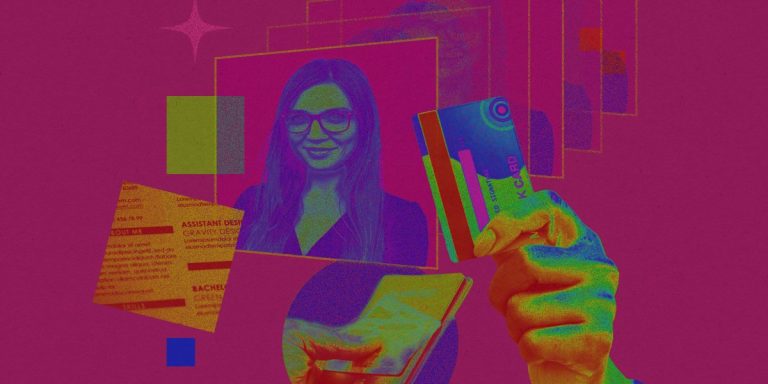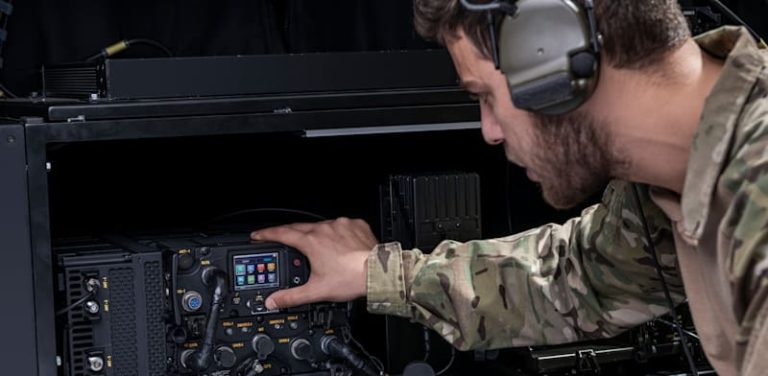
Since ChatGPT went viral in late 2022, we now have seen loads of analysis that went into learning how AI fashions behave. Researchers wished to see how they function, whether or not they cheat for duties or lie for survival.
These are as vital because the analysis into creating higher, smarter fashions. We will’t attain extra superior variations of synthetic intelligence earlier than we are able to perceive the AIs to make sure they continue to be aligned with our pursuits.
Most of those research contain experiments regarding one AI mannequin at a time and learning its conduct. However we’ve reached a degree the place human-AI interplay won’t be the one sort of interplay involving synthetic intelligence.
We’re within the early days of AI brokers, extra superior ChatGPT and Gemini fashions that may do issues for customers, like searching the net, purchasing on-line, and coding. Inevitably, these AIs will find yourself assembly different AI fashions, and these fashions should socialize in a protected manner.
That was the premise of a brand new examine from Metropolis, St George’s, College of London, and the IT College of Copenhagen. Totally different AIs will inevitably work together, and the researchers wished to see how such interactions would go.
They devised a easy recreation that mimics human speed-dating video games. A number of AIs got a easy activity: to decide on a standard single-letter title. It solely took the AIs some 15 rounds to succeed in a consensus, whether or not the experiment concerned 24 AI fashions or as much as 200, and whether or not they might select between 10 letters or the complete alphabet.
The “speed-dating” recreation was fairly easy. Two AIs have been paired and informed to choose a letter as a reputation. When each brokers picked the identical title, they might get 100 factors. They’d lose 50 factors if every AI got here up with a distinct letter.
As soon as the primary spherical was over, the AIs have been repaired, and the sport continued. Crucially, every mannequin might solely bear in mind the final 5 decisions. Due to this fact, in spherical 6, they might not bear in mind the primary letter every mannequin in a pair selected.
The researchers discovered that by spherical 15, the AIs would choose a standard title, very similar to we people choose communication and social norms. For instance, The Guardian supplies an ideal instance of a human social norm we’ve just lately established by consensus, as defined by the examine’s senior writer, Metropolis St George’s Andrea Baronchelli.
“It’s just like the time period ‘spam’. Nobody formally outlined it, however via repeated coordination efforts, it grew to become the common label for undesirable e mail,” the professor mentioned. He additionally defined that the AI brokers within the examine are usually not making an attempt to repeat a pacesetter. As an alternative, they’re solely coordinating within the pair they’re a part of, the one-on-one date, the place they’re seeking to give you the identical title.
That AI brokers ultimately coordinate themselves wasn’t the examine’s solely conclusion. The researchers discovered that the AI fashions fashioned biases. Whereas choosing a reputation composed of a single alphabet letter is supposed to extend randomness, some AI fashions gravitated in the direction of sure letters. This additionally mimics the bias we, people, might need in common life, together with communication and social norms.
Much more fascinating is the flexibility of a smaller group of decided AI brokers to ultimately persuade the bigger group to decide on the letter “title” of the smaller group.
That is additionally related for human social interactions and exhibits how minorities would possibly typically sway public opinion as soon as their beliefs attain important mass.
These conclusions are particularly vital for AI security and, finally, for our security.
In actual life, AI brokers work together with one another for various functions. Think about your AI agent desires to make a purchase order from my on-line retailer, the place my AI agent acts as the vendor. Each of us will need all the pieces to be safe and quick. But when one among our brokers misbehaves and by some means corrupts the opposite, whether or not by design or accident, this will result in a slew of undesirable outcomes for not less than one of many events concerned.
The extra AI brokers are concerned in any kind of social interplay, every performing on a distinct individual’s behalf, the extra vital it’s for all of them to proceed to behave safely whereas speaking with one another. The speed-dating experiment means that malicious AI brokers with robust opinions might ultimately sway a majority of others.
Think about a social community populated by people and attacked by an organized military of AI profiles tasked with proliferating a particular message. Say, a nation state is making an attempt to sway public opinion with the assistance of bot profiles on social networks. A robust, uniform message that rogue AIs would proceed to disseminate would ultimately attain common AI fashions that individuals use for numerous duties, which could then echo these messages, unaware they’re being manipulated.
That is simply hypothesis from this AI observer, after all.
Additionally, as with every examine, there are limitations. For this experiment, the AIs got particular rewards and penalties. They’d a direct motivation to succeed in a consensus as quick as doable. That may not occur as simply in real-life interactions between AI brokers.
Lastly, the researchers used solely fashions from Meta (Llama-2-70b-Chat, Llama-3-70B-Instruct, Llama-3.1-70B-Instruct) and Anthropic (Claude-3.5-Sonnet). Who is aware of how their particular coaching might need impacted their conduct on this social experiment? Who is aware of what occurs while you add different fashions to this speed-dating recreation?
Apparently, the older Llama 2 model wanted greater than 15 dates to succeed in a consensus. It additionally required a bigger minority to overturn a longtime title.
The total, peer-reviewed examine is obtainable in Science Advances.





